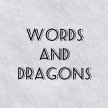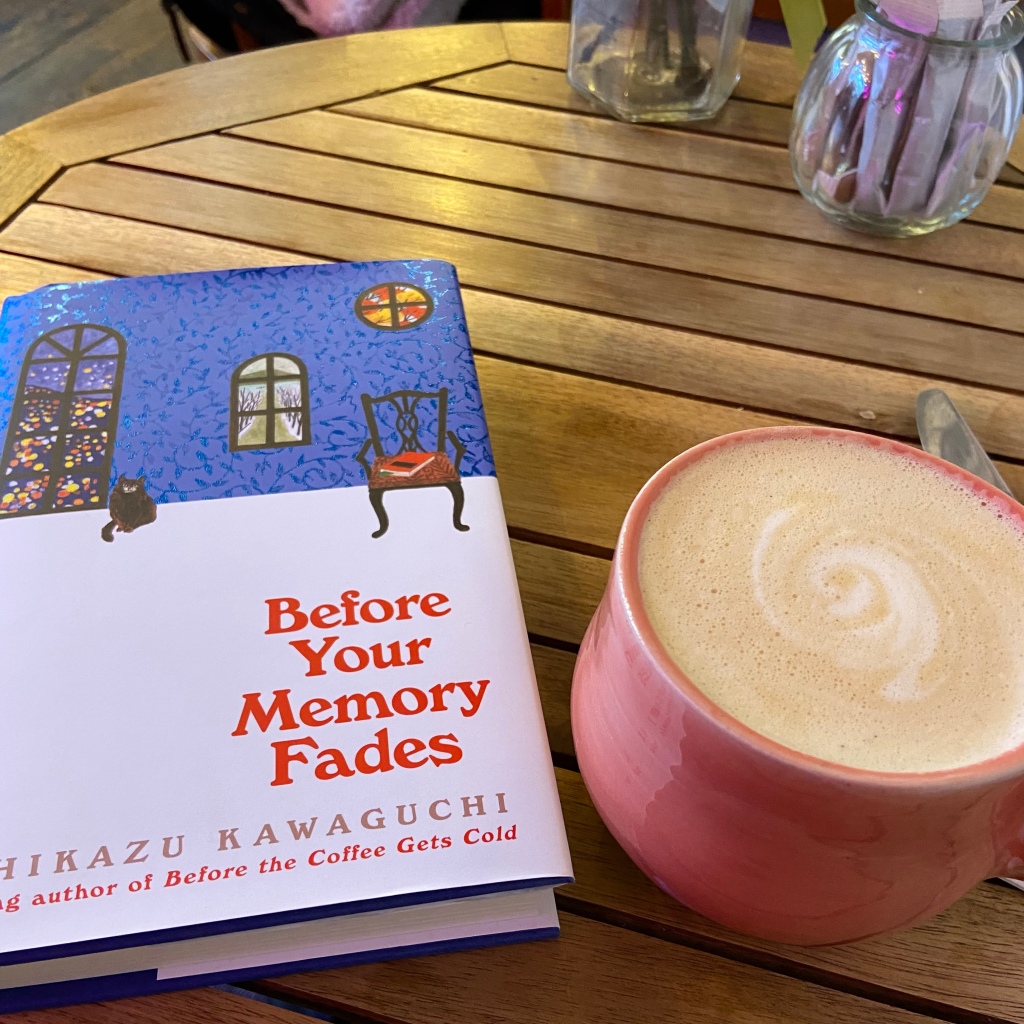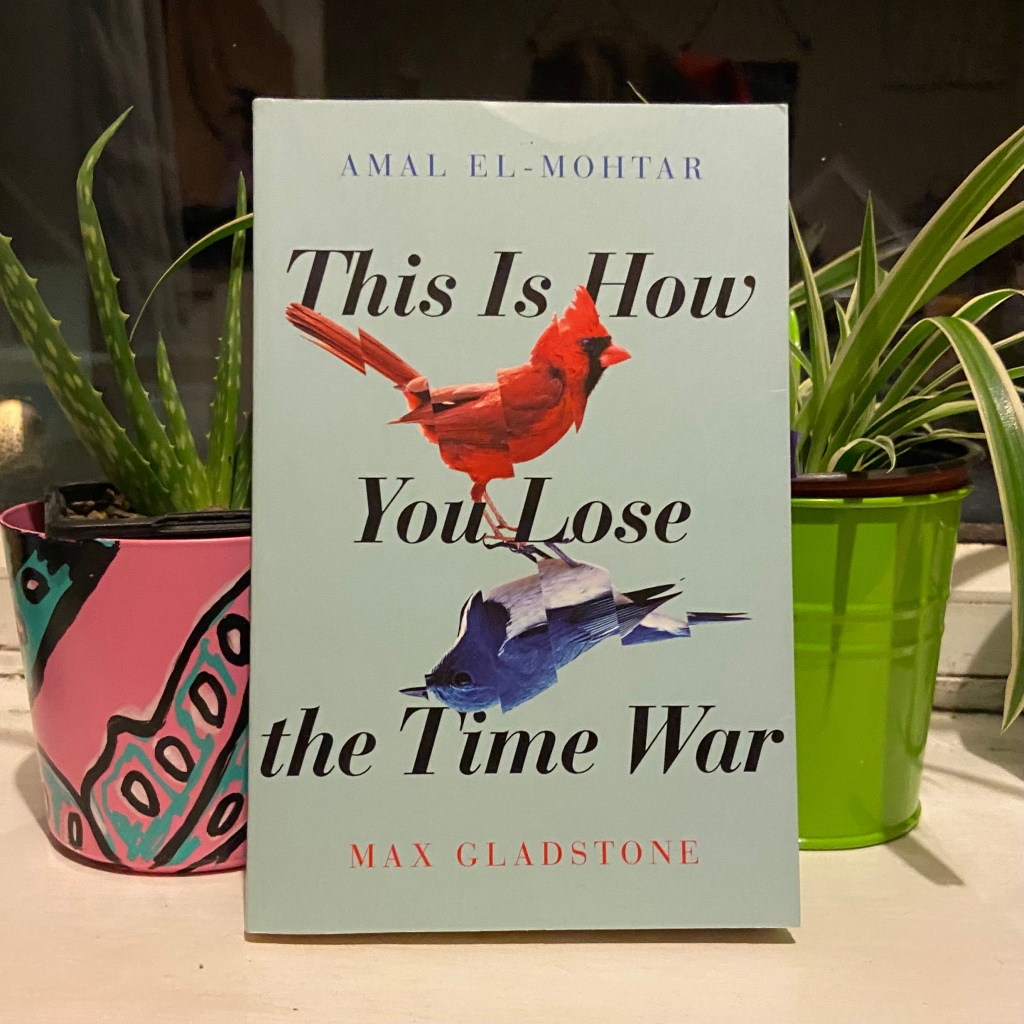We all know that Agatha Christie is the greatest mystery writer of all time.
You’ve probably heard a lot of compliments about Agatha Christie over the years. She writes the best plot twists. She defined the future of popular fiction. Every thriller writer currently publishing is writing in her shadow. With The Murder of Roger Ackroyd, Agatha Christie confirms her legacy. She is undoubtably the greatest.
I am in no ways a Christie expert (that title is reserved for a couple of my closest friends), but I have read a fair few of her novels over the past few years. During the first lockdown, I discovered how much I love a murder mystery (as opposed to contemporary thriller fiction). There is something about the dynamics of family, friends, or strangers stuck in one singular location that just appeals to me… I think this is partly the reason that I love a dinner party trope (yes Fleabag, I am looking at you). I found myself bored of reading about middle aged alcoholic women who are unrealisable narrators (partly because they are an alcoholic, partly because the author is judging their unfeminine approach to motherhood). The murder mystery might have a longer tradition (and for some be an overdone genre full of tropes), but the atmosphere is always great. They create a pressure cooker that reveals the worst in everyone involved. The distinction between the two genres relies heavily on the vibe for me. While both include different tropes, conventions, and narrative structure, the main difference between the two is that murder mysteries infuse the disturbing with the desired (most typically wealth).
As I became obsessed with novels like Lucy Folely’s The Guest List and films like Knives Out, I had to try out the queen of the genre. In some ways it is embrassing how little I knew about Agatha Christie’s work before picking one up. I am not ashamed to say that the main source of my knowledge is ‘The Unicorn and The Wasp’ episode of Doctor Who. In my humble opinion, this is one of the greatest Doctor Who episodes of all time. It features the best Doctor and companion due (David Tennant and Catherine Tate are second to none), a selection of iconic scenes (it is hard to forget the scene where the doctor requires something salty, but not as salty as salt), and it features many up and coming actors (watching it now, you may be surprised to notice that future Oscar nominee Felicity Jones has a major role). Yet despite knowing far too much about this episode, I knew very little about miss Christie herself. Basically, I knew that she once went missing and could name her most iconic titles. I was basically a civilian.
The first novel I picked up was And Then There Were None and this is hands down one of my favourite book concepts of all time. Since reading, I just have to pick up any book focusing on a group where one person dies on by one (and there are quite a few, Ruth Ware’s One by One being just one of a long list). With this novel Agatha Christie proved herself to be the creator of the best plots and concepts. Even though the who-done-it is perhaps not the most exciting reveal, the rest of the novel more than makes up for it. This is one reason why Christie is so great, the enjoyment of her books does not rely heavily on their ending. Many a thriller has been ruined by an ending that doesn’t quite make sense, but you won’t be upset by a Christie ending. Every detail is carefully plotted and designed. Regardless of whether you like her reveals, you cannot deny that it makes perfect sense. You couldn’t make a hole in them if you were a hole puncher.
Immediately after finishing this book (I mean this more literally then you are perhaps imagining) I picked up Murder on the Orient Express and this novel features my favourite plot twist I have ever read. I did start this novel knowing that she features this twist in one of her stories and yet I was still shocked and blown away. It is another perfect ending to a novel.
Since then, I have read a few more novels including Halloween Party, Death on the Nile, and The ABC Murders and I thoroughly enjoyed all of them (although, I did find Christie’s repetition of how annoying the murdered child Joyce is beyond frustrating). I was also privileged to witness the immersive experience of The Mousetrap. It was this fantastic play (and my friend Tyler) that finally encouraged me to pick up another of Christie’s iconic titles, The Murder of Roger Ackroyd. This book made me realise what others have known for a long time. Agatha Christie is the greatest mystery writer of all time.
The Murder of Roger Ackroyd is another classic murder mystery and yet it subverts all of the traditions masterfully. It is the perfect mix of the known and the unexpected. Set in a small village, a widow dies and soon afterwards so does her dear friend Roger Ackroyd. The novel follows a local doctor and, everyone’s favourite detective Poirot, as they unpick this chain of events. What made this reading experience totally unique was that I guessed the ending AND I still loved it. I managed to predict who the murderer was and decipher a major earlier reveal. Don’t worry, this blog is not now going to turn into a lengthy humble brag. Instead, I am going to reassure that I am very dumb. The murderer normally has one over me. It is very rare for me to guess a who-done-it, and even in the rare case that I do, I never get all the details. This is why I was in love with The Murder of Roger Ackroyd (in fact, I enjoyed it so much that I would call it my favourite mystery novel of all time). Even though I guessed what is for many a shocking reveal, I had less than no idea of how it could work. Christie is truly the master of making what civilians think as impossible entirely plausible within her world. When reading her novels, you are never unaware that she is far more intelligent than you are.
This blog post has been leading up to one final conclusion and it is one I have basically already stated earlier. No one ends a mystery like Agatha Christie. Sure, a writer might use the same concept or trope as Christie, but they cannot write like her at all. They cannot make you like a controversial ending, love a twist you knew was coming, or fascinated to disocver how who did it actually did it. The enjoyment of her novels does not rest on the ending, because her endings are always so well connected to the entire novel. No one writes an ending like Agatha Christie because they add an ending to their novel rather than naturally draw an ending out of a satisfying plot.










